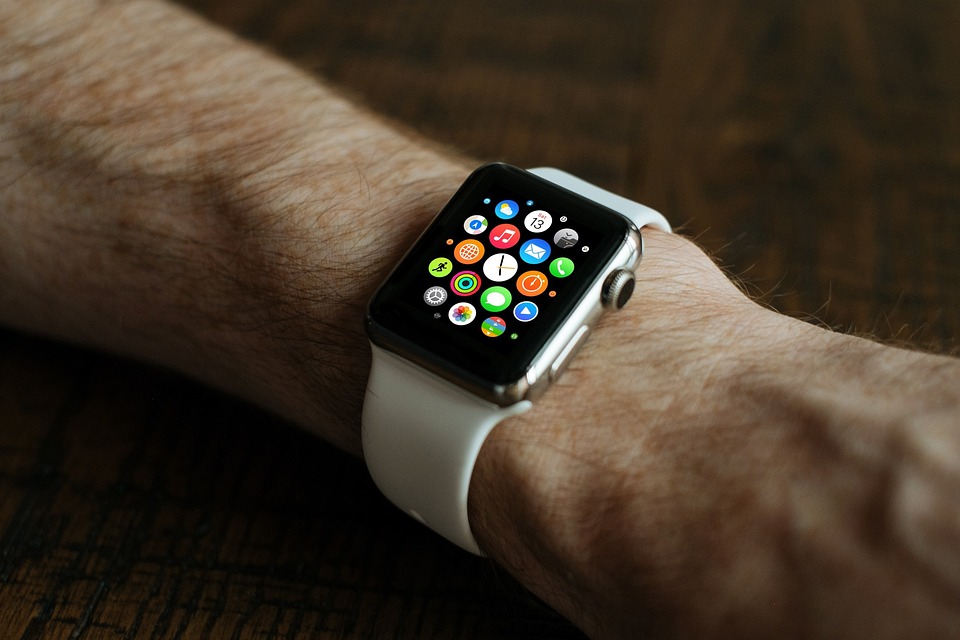Introduction
In order to maintain good health and prevent various chronic conditions, it is important to understand the basics
of blood sugar control. Blood sugar levels, also known as blood glucose levels, refer to the concentration of glucose
(sugar) present in our bloodstream. Proper control of blood sugar levels is crucial to the overall functioning of our
body and can significantly affect our energy levels, metabolism, and long-term health.
What is Blood Sugar?
Blood sugar, or blood glucose, is the primary source of energy for our bodies. It originates from the food we consume,
primarily carbohydrates, which get broken down into glucose during digestion. Glucose then enters the bloodstream,
from where it is distributed to various cells throughout the body to provide energy for essential bodily functions.
Optimal Blood Sugar Levels
Maintaining optimal blood sugar levels is essential for overall well-being. Normal blood glucose levels typically
fall within a range of 70-130 mg/dL (milligrams per deciliter) before meals, and below 180 mg/dL after meals.
These ranges may vary slightly based on individual factors, diet, and specific health conditions. Consistently
high or low blood sugar levels can both have detrimental effects on our health.
The Role of Insulin
Insulin, a hormone produced by the pancreas, plays a critical role in blood sugar control. When blood glucose levels
rise, such as after a meal, the pancreas releases insulin into the bloodstream. Insulin allows cells to absorb glucose
from the blood, reducing sugar levels in the bloodstream. It also helps store excess glucose in the liver for later use
when blood sugar levels drop.
The Impact of High Blood Sugar
High blood sugar, known as hyperglycemia, can result from various factors such as consuming excessive carbohydrates,
lack of physical activity, or problems with insulin production or utilization. Prolonged periods of elevated blood
sugar can lead to a range of health complications, including an increased risk of diabetes, heart disease, kidney
problems, nerve damage, and vision impairment.
The Consequences of Low Blood Sugar
Low blood sugar, also called hypoglycemia, occurs when blood glucose levels drop below normal levels. Some common causes
of hypoglycemia include skipping meals, certain medications, excessive alcohol consumption, or underlying health
conditions. Symptoms of low blood sugar can vary and may include weakness, dizziness, confusion, irritability, or even
loss of consciousness. In severe cases, hypoglycemia can be life-threatening if left unaddressed.
Tips for Blood Sugar Control
Maintaining healthy blood sugar levels is crucial for overall well-being. Here are some useful tips to help you better
manage your blood sugar levels:
1. Healthy Eating Habits
Adopting a balanced diet consisting of whole grains, lean proteins, healthy fats, and plenty of fruits and vegetables
can aid in blood sugar control. Focus on low glycemic index foods that regulate blood sugar levels more effectively.
Avoid excessive consumption of sugary beverages, processed foods, and refined carbohydrates.
2. Regular Physical Activity
Engaging in regular exercise helps improve insulin sensitivity, allowing glucose to enter cells more efficiently. Aim
for at least 150 minutes of moderate-intensity aerobic activity per week, along with strength training exercises.
Consult with your healthcare provider before starting a new exercise routine, especially if you have any underlying
health conditions.
3. Monitoring Carbohydrate Intake
Keeping track of your carbohydrate consumption can help manage blood sugar levels. This is especially important for
individuals with diabetes or prediabetes. Consult with a registered dietitian who can provide personalized guidance
on carbohydrate counting and meal planning.
4. Regular Blood Glucose Monitoring
Monitoring blood glucose levels regularly using a blood glucose meter can help you understand how your body responds
to different foods, physical activity, and medications. This information will enable you to make necessary adjustments
to your lifestyle and treatment plan with guidance from your healthcare team.
5. Stress Management
Chronic stress can contribute to blood sugar imbalances. Practice stress management techniques such as meditation,
deep breathing exercises, regular physical activity, or engaging in activities you enjoy to help maintain stable blood
sugar levels.
6. Medication and Insulin Management
If you have been diagnosed with diabetes, it is important to take medications or insulin as prescribed by your healthcare
provider. Follow the recommended administration schedule and dosage to help effectively control your blood sugar levels.
Regularly consult with your healthcare team to review and adjust your treatment plan as needed.
Conclusion
Understanding the basics of blood sugar control is crucial to maintaining optimal health and preventing chronic conditions.
By adopting a healthy lifestyle, including a balanced diet, regular exercise, stress management, and proper medication
management if needed, you can effectively manage and control your blood sugar levels. Always consult with your healthcare
provider for personalized guidance based on your individual health status.




